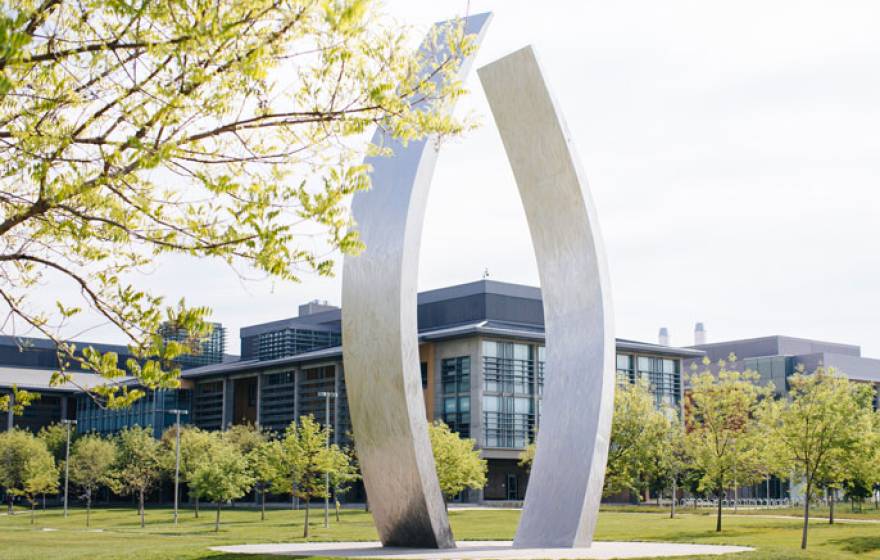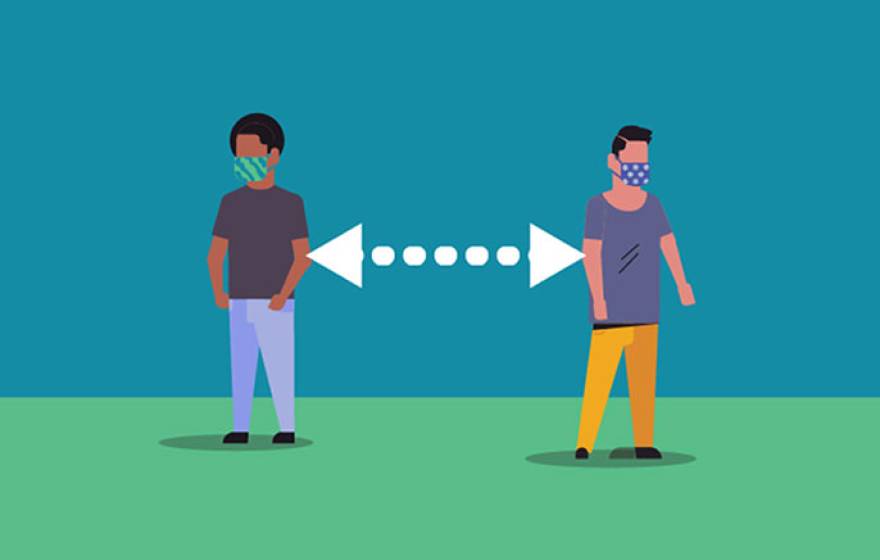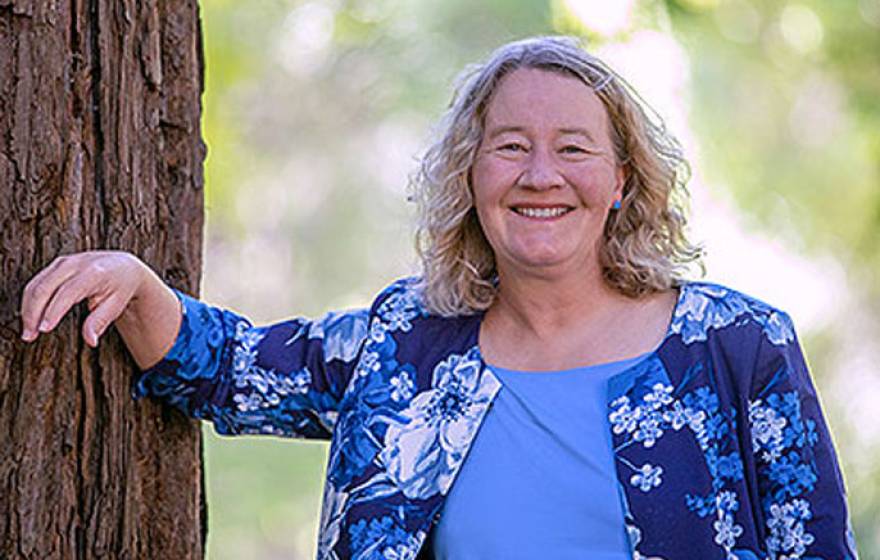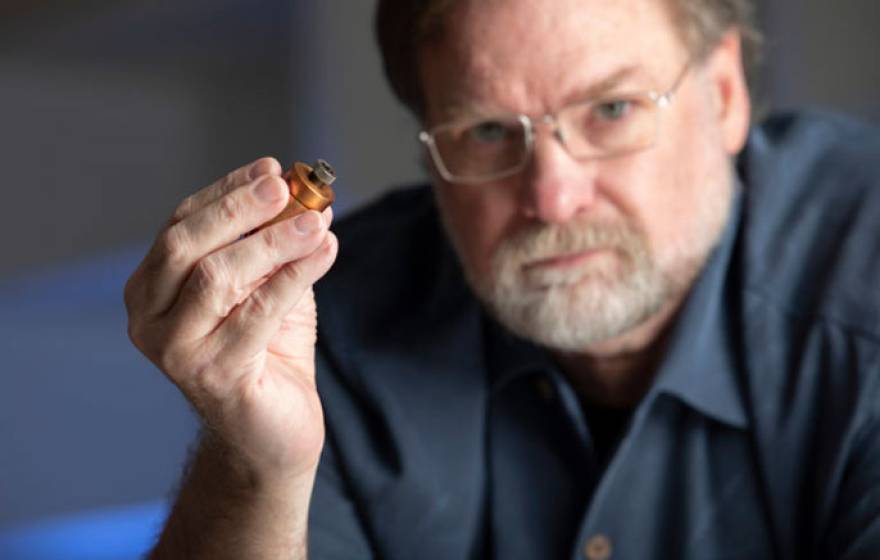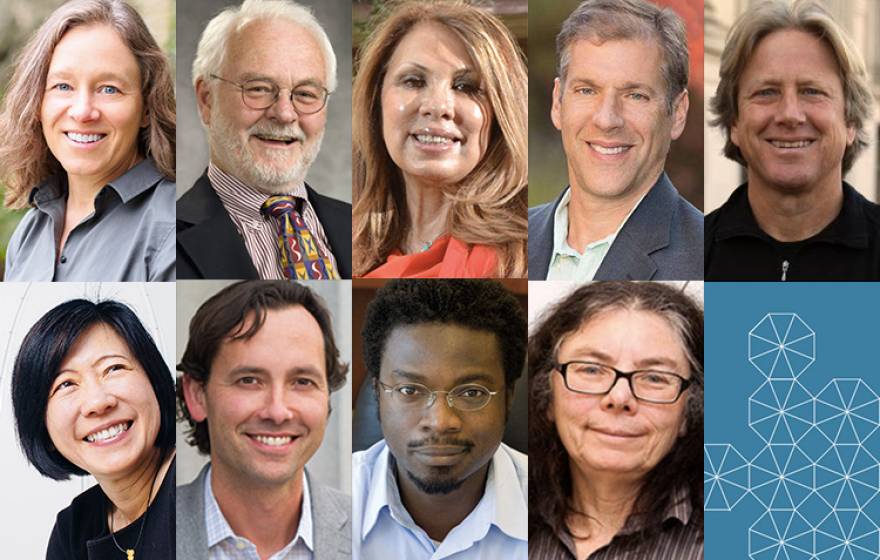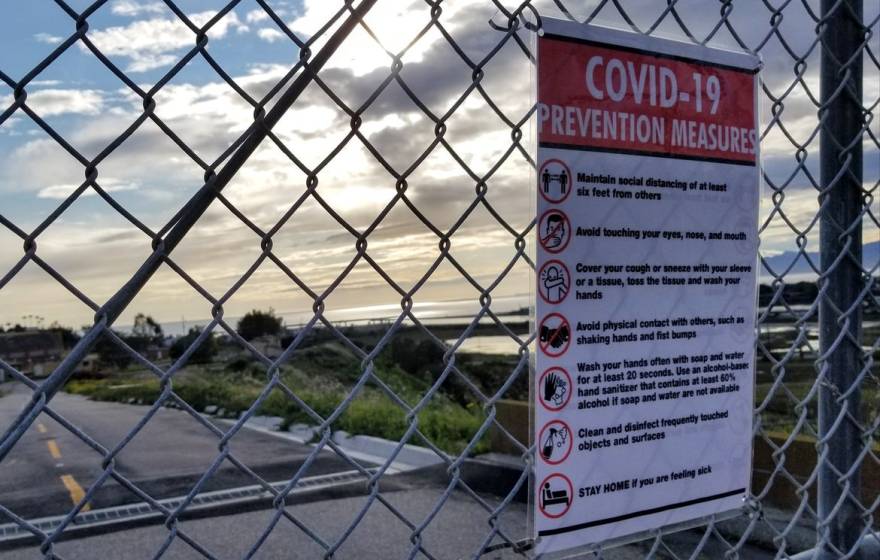‘I don’t think any human endeavor has ever saved so many lives in such a short period of time,’ author says.
Newly funded COVID-19 research aims to protect the most vulnerable
Researchers across UC rapidly pivot from their usual research areas to address gaps in knowledge and care with COVID-19.
UC awards $2 million in critical research seed funding for COVID-19 high-risk populations
The University of California today (June 3) announced the distribution of $2 million in seed funding for important research across the state aimed at mitigating the impact of COVID-19, particularly among those at greater risk for infection and adverse outcomes. UC awarded the funds to support rapid-response, high-impact research in vaccines, therapeutics, clinical management, epidemiology and other COVID-19 related areas.
Q&A: For black men, wearing a mask may be a health risk greater than COVID-19
UCLA psychology professor Vickie Mays on how to reduce the spread of COVID-19 in black communities.
UCSF students create COVID-19 fact check website
Two dozen medical students put together a site in six languages that clearly, cleanly separates fact from myth.
Can we apply these lessons from South Korea to vanquish COVID-19?
South Korea’s targeted social distancing may better protect the vulnerable than stay-at-home orders.
Nobel Prize-winner Carol Greider to join UC Santa Cruz faculty
Known for her pioneering work on telomeres, Greider brings exceptional research and leadership skills to campus.
Are we wired for romance?
Researchers find out how a newlywed's brain works.
Using machine learning to estimate COVID-19’s seasonal cycle
Scientists aim to assess the role of climate variables in disease transmission.
UC Irvine physicists exploring use of Blu-ray disc lasers to kill COVID-19, other viruses
Blu-ray back in style? Its low-cost technology could be employed in hand-held devices and ventilation systems.
Prestigious academies elect 34 UC faculty as new members
The National Academy of Sciences and the American Academy of Arts & Sciences add new UC members to their ranks.
Voters in both parties favor caution as cities begin to reopen
Regardless of party affilation, people prefer a cautious approach to getting life back to normal.

